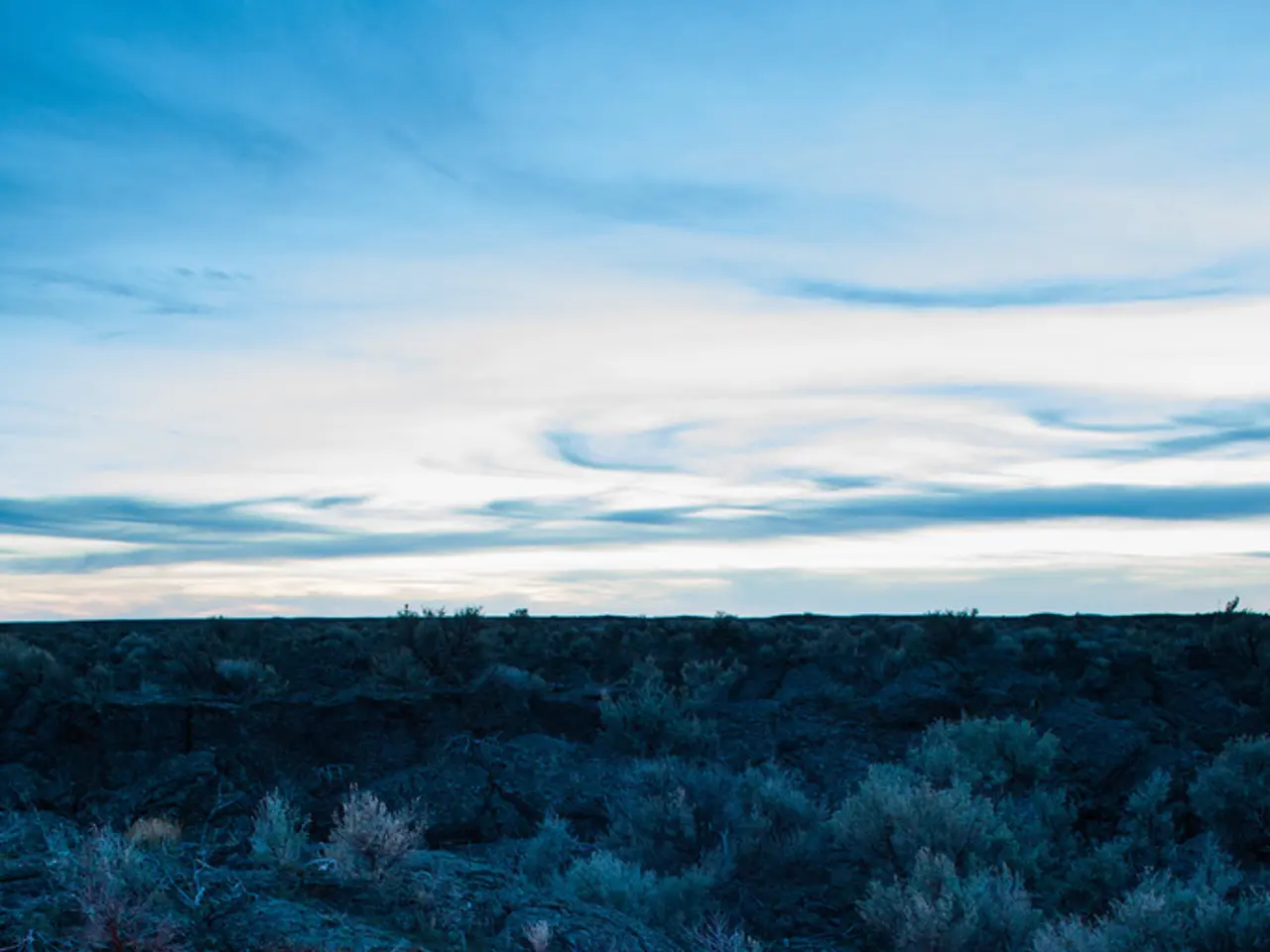Struggles with Contamination Tests Arise Among Fire Survivors
Fire Survivors in Eaton and Palisades Express Concern Over Air, Water, and Soil Contamination
Residents in the areas affected by the Eaton and Palisades la fires have expressed worry about the contamination of air, water, and soil in their homes. According to a survey conducted by the university consortium Community Action Project LA, the vast majority of residents in and around these burn scars are concerned about hazardous compounds from the smoke and ash lingering in their homes, water, and soil.
The environment, including debris removal and contamination, was the most pressing issue for people who moved back home and those still displaced, according to an independent survey conducted for the L.A. fire recovery nonprofit Department of Angels in June. Three quarters of Eaton fire survivors and over two-thirds of Palisades fire survivors expressed worry over the air in their homes. Through private testing, many in both burn areas have found contaminants, including lead, arsenic, and asbestos.
Soil contamination was a significant concern for Eaton-area respondents in the Community Action Project survey. About a third of samples taken within the fire perimeter and nearly half downwind had lead levels above the state's stringent health standards. Residents in the Palisades and both burn scars have generally had to find qualified testing services on their own for soil and home contamination.
The Los Angeles County Department of Public Health launched free soil testing programs for residents in and around the Eaton fire damage area and in and downwind of the Eaton burn area. By the start of September, the County had shared results from over 1,500 properties. Small amounts of benzene, a carcinogen, were found in the drinking water systems of both burn areas. Utilities in both areas quickly implemented "do not drink" and "do not boil" water orders following the fires. The last utility to restore safe drinking water did so in May. Independent scientists verified the utilities' conclusion that the drinking water was safe.
Many residents distrusted the often conflicting messages from media, public health officials, academics, and politicians. L.A. City Councilmember Traci Park has become the face of recovery for Palisades fire survivors, while survivors in the Altadena area have turned to academics and universities for guidance due to the lack of a city government.
The U.S. Army Corps of Engineers had previously announced that it would forgo soil testing and remediation in its cleanup efforts, according to a report in February. This decision has raised concerns among the fire survivors. The survey published on Tuesday found that the majority of residents in and around the Eaton and Palisades burn scars were concerned about hazardous compounds from the smoke and ash lingering in their homes, water, and soil after the fires.
While more than 8 in 10 residents hoped to test their properties for contamination, only half of them could. This highlights the need for more comprehensive and accessible testing and remediation efforts. The survey, conducted from April through June, surveyed over 1,200 residents.
The issue of fire contamination is a pressing concern for the affected communities, and efforts are being made to address it. The survey results underscore the need for continued vigilance and support for the fire survivors in their recovery.
Read also:
- Recommendations propose stricter controls on MMRV immunizations, as suggested by Kennedy's advisory group
- Mourning a Mother's Death: Strategies for Daughters to Find Comfort
- Heed this: There's no more room for turning back.
- Distinguishing between a cold and allergies is crucial for providing relief to your children's respiratory issues








